Professional septic tank pumping that keeps your East Quogue system running smoothly year-round.
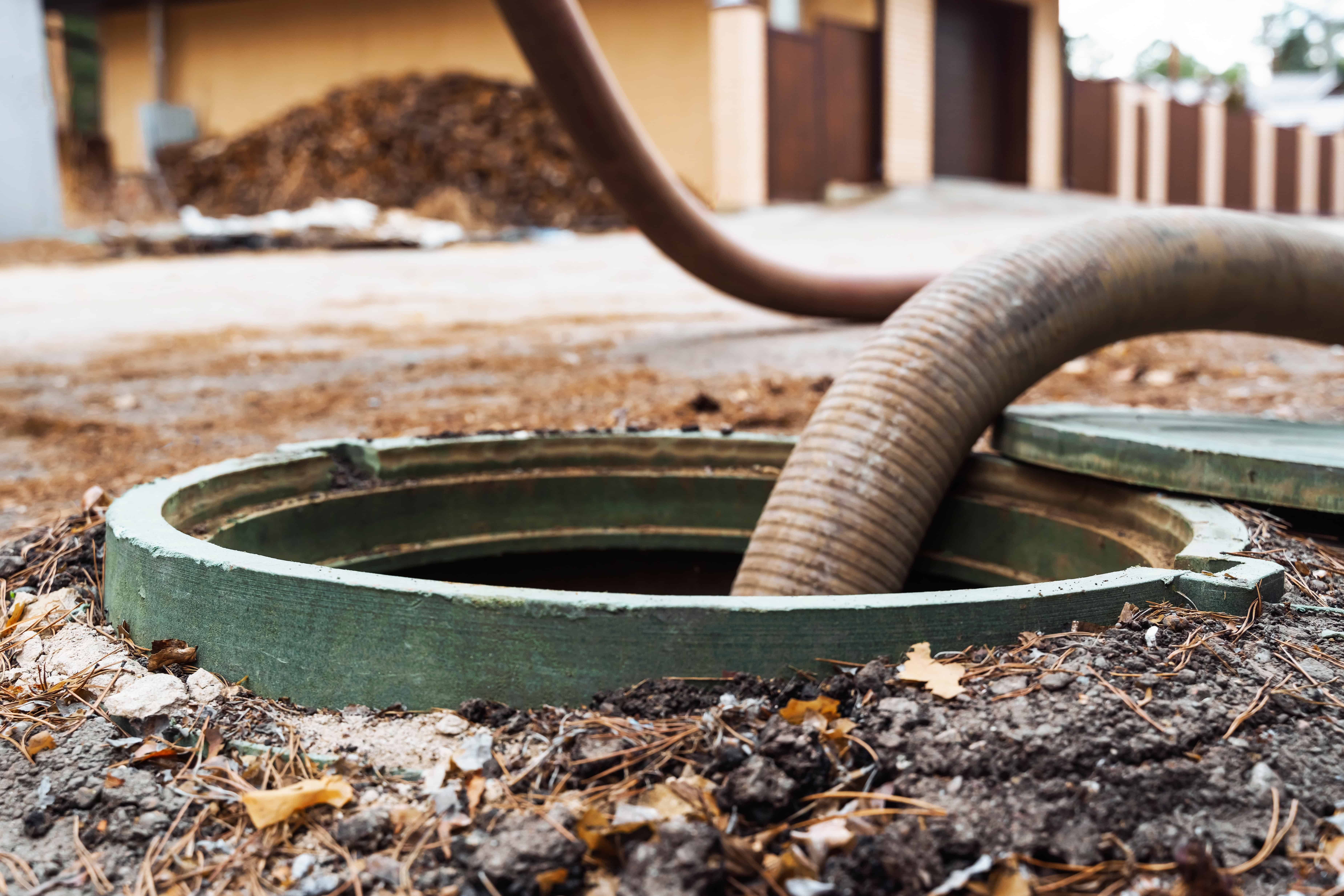
Hear from Our Customers
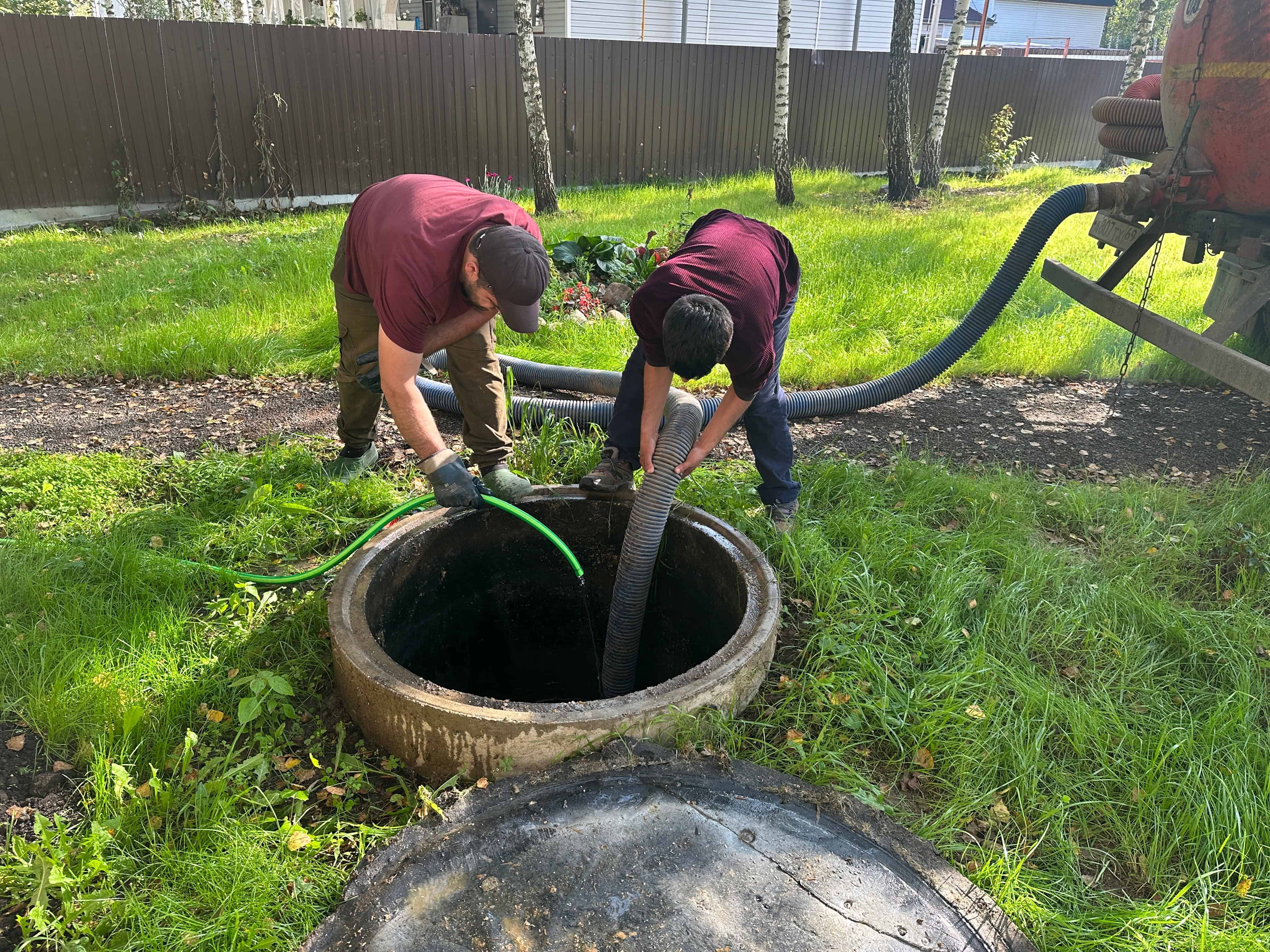
Your septic system works hard every day, breaking down waste and protecting your property from sewage backups. But without regular pumping, solid waste builds up and eventually clogs the system.
Regular septic tank pumping removes accumulated sludge before it causes problems. You get reliable drainage, no more slow toilets, and peace of mind knowing your system won’t fail when you least expect it.
Most importantly, you avoid the nightmare scenario every homeowner dreads: sewage backing up into your house. That’s not just expensive to fix – it’s a health hazard that can make your home unlivable until it’s properly cleaned and sanitized.
We’ve been handling septic tank pumping throughout East Quogue and Long Island for years. We understand how sandy soil and high water tables affect your septic system differently than other areas.
You’re not getting a generic approach from us. We know which systems in this area need pumping every two years versus every three. We know how seasonal use affects pumping schedules and which older systems require extra attention.
Every job gets handled by our licensed professionals who dispose of waste properly at certified facilities. No shortcuts, no surprises.
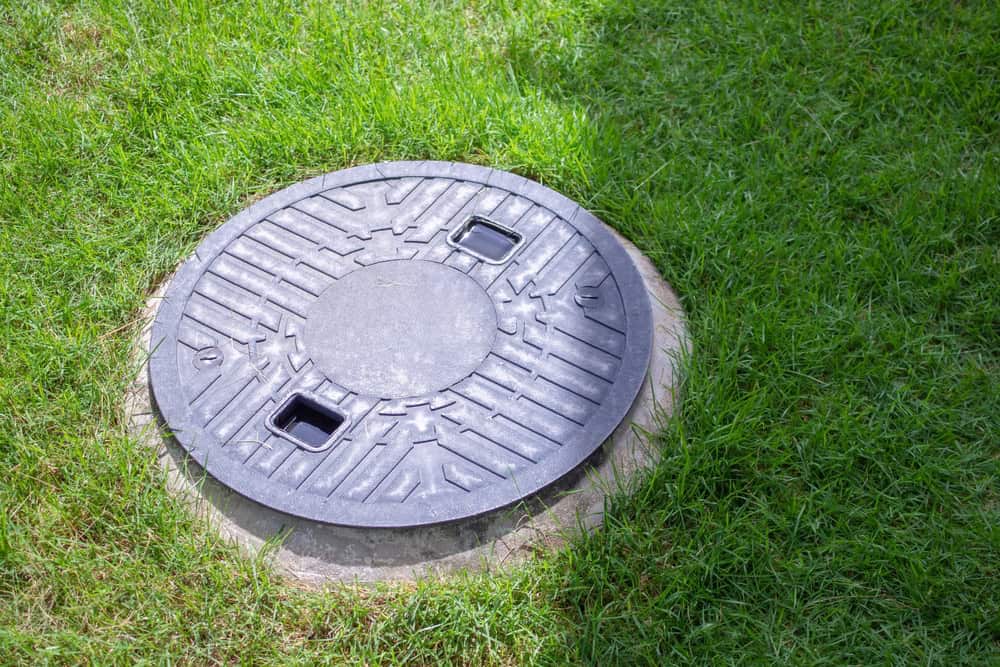
First, we locate and uncover your septic tank access ports. We inspect the tank to check sludge levels and look for any obvious problems with baffles or the tank structure itself.
Next, we pump out all liquid and solid waste using our specialized vacuum truck. This removes the accumulated sludge that’s been building up since your last pumping. We also clean the tank walls to remove any stubborn buildup.
Finally, we replace the access covers and restore your yard to its original condition. You get a clean system that’s ready to handle normal household waste for the next few years, plus a quick overview of what we found and when you should schedule your next service.
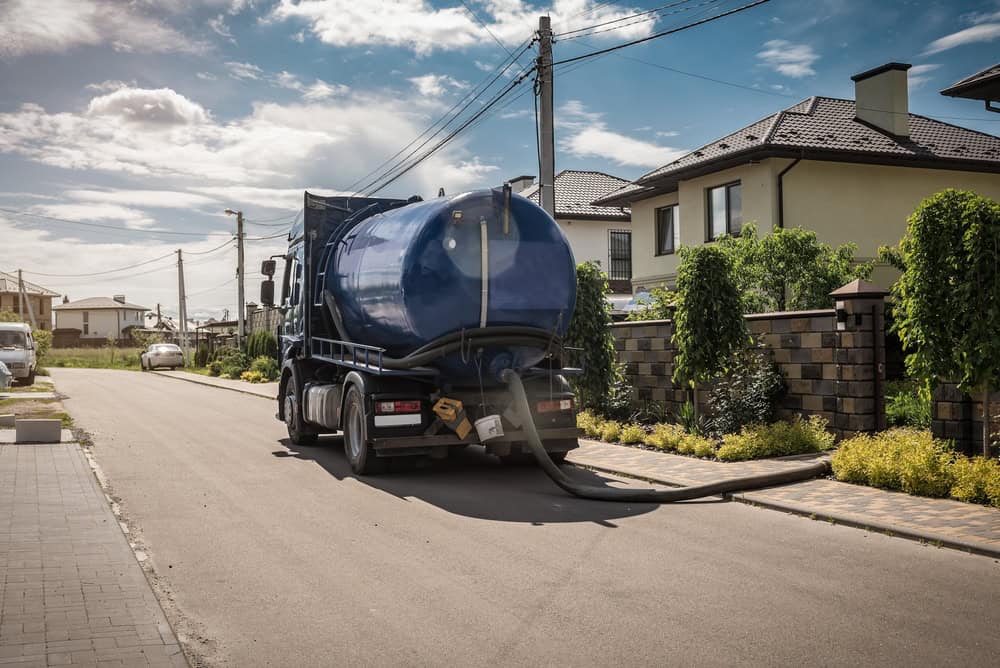
Ready to get started?
Every septic tank pumping includes complete waste removal, tank inspection, and proper disposal at licensed facilities. We check for structural problems, measure sludge levels, and give you an honest assessment of your system’s condition.
You also get practical advice about your specific system. Some East Quogue properties with older systems need pumping more frequently. Others with newer systems and careful usage can go longer between services. We base our recommendations on what we actually see, not a generic schedule.
If we spot potential problems during pumping, we’ll explain what you’re looking at and what it means for your system’s future. No scare tactics – just straight information so you can make informed decisions about repairs or maintenance.
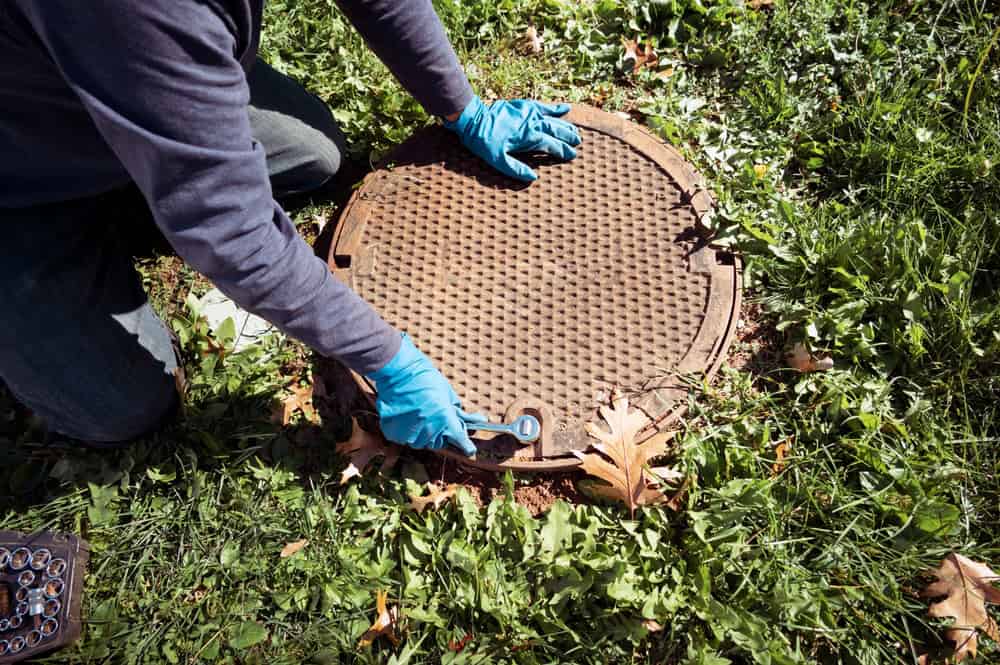
Don’t let cesspool issues disrupt your day. Reach out now for a free estimate and expert service.
©2025 Quality Cesspool All Rights Reserved. SEO Company NYC – Web Design & SEO by Hozio